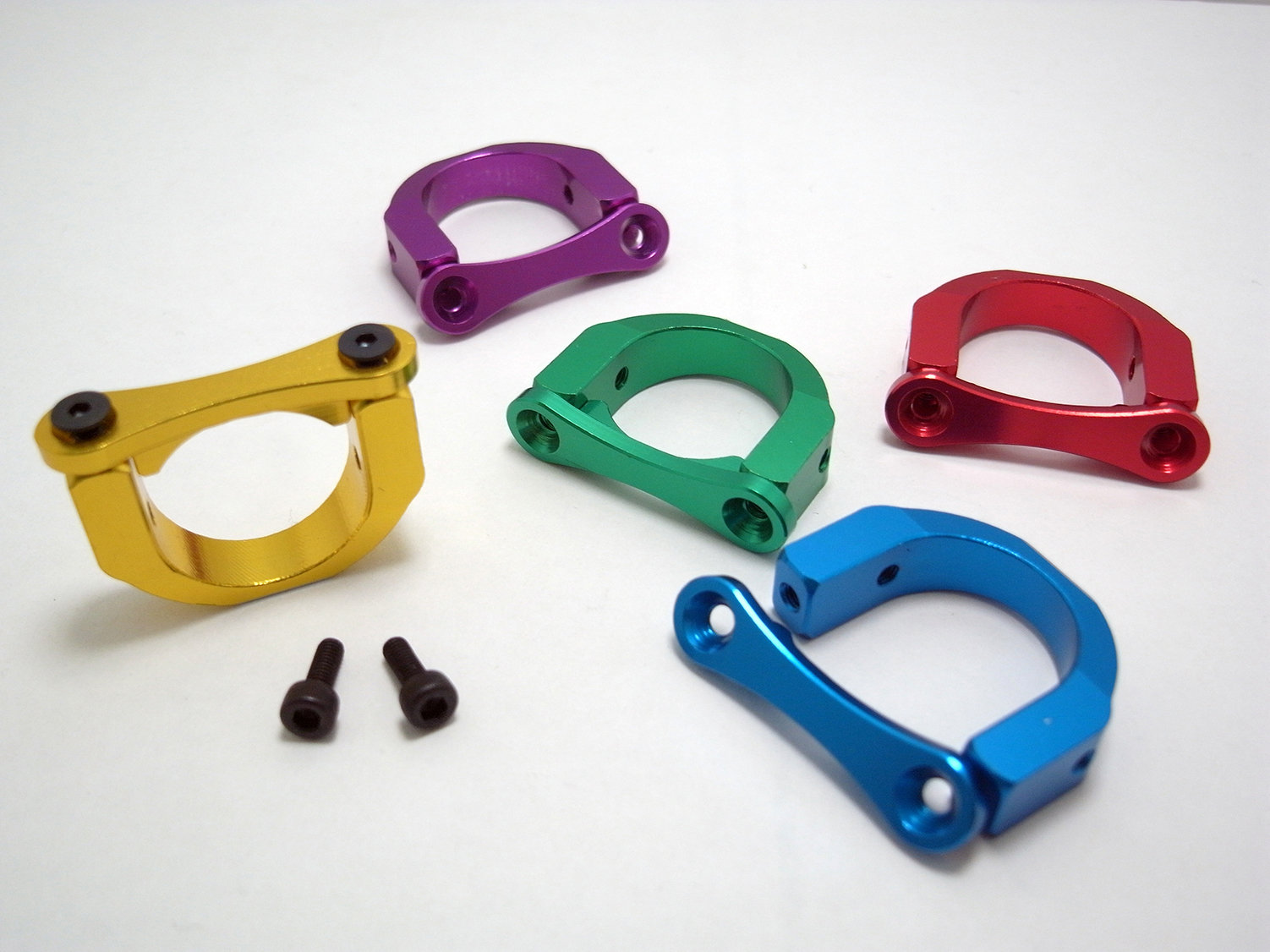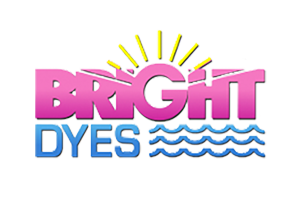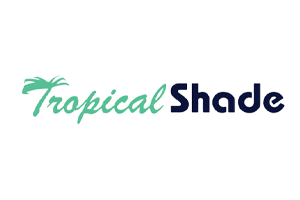BRIGHT DYES®: ANODIZING DYES FOR ALUMINUM
For over 50 years, Kingscote Chemicals and its affiliated companies have been leaders in quality and innovation in the specialty dye marketplace. It is our goal to create products that contribute to water conservation and our anodizing dyes are no exception.
What is Anodizing?
Aluminum is anodized by immersing it in an acid (the electrolyte) and applying DC (direct
current) electricity, with the workpiece anodic (positively charged). The electricity splits some of
the water in the acid into positively charged hydrogen and negatively charged oxygen, with the
oxygen being attracted to the positively charged aluminum surface, where it reacts with the
aluminum to form aluminum hydroxide and related compounds (the hydrogen is attracted to
the negatively charged electrode called the cathode, where it forms hydrogen gas bubbles and
dissipates into the air).
While the acid helps to conduct the electricity, it also attacks the anodized film that is being
formed and tends to dissolve it — but this is not a bad thing. Rather, the simultaneous formation
and dissolution of the anodized film creates a coating that has porosity in the form of
microscopic “drill holes” extending from the surface almost to the raw aluminum that can be
very important to the utility of the anodized coating. Because of this attack on the anodized
coating by the acid, varying the strength and concentration of acid in the electrolyte, and its
operating temperature will result in anodized coatings with very different properties.
Applications for Anodizing Dyes
Aluminum is “anodized” using special anodizing dyes for corrosion resistance, improved appearance, hardness & wear resistance, and for a number of specialized reasons like better glue-ability (adhesive bonding) for structural use, improved paint adhesion, and enhanced capacitance in electronic applications.
Because anodizing dyes from Bright Dyes® are designed to resist corrosion and wear and tear, they make the perfect choice for a wide variety of scenarios. Just some common applications for anodizing dyes include:
- Automotive parts
- Office accessories
- Transportation
- Aerospace components
- Sporting equipment
- And more
We encourage you to browse our entire selection of Bright Dyes® Anodizing Dyes. Color swatch samples will help you choose the right dye.
HAVE QUESTIONS?
We’re here to help. Drop us a line and we will get back to you as soon as possible.
BRIGHT DYES®: ANODIZING DYES FOR ALUMINUM
For over 50 years, Kingscote Chemicals and its affiliated companies have been leaders in quality and innovation in the specialty dye marketplace. It is our goal to create products that contribute to water conservation and our anodizing dyes are no exception.
What is Anodizing?
Aluminum is anodized by immersing it in an acid (the electrolyte) and applying DC (direct
current) electricity, with the workpiece anodic (positively charged). The electricity splits some of
the water in the acid into positively charged hydrogen and negatively charged oxygen, with the
oxygen being attracted to the positively charged aluminum surface, where it reacts with the
aluminum to form aluminum hydroxide and related compounds (the hydrogen is attracted to
the negatively charged electrode called the cathode, where it forms hydrogen gas bubbles and
dissipates into the air).
While the acid helps to conduct the electricity, it also attacks the anodized film that is being
formed and tends to dissolve it — but this is not a bad thing. Rather, the simultaneous formation
and dissolution of the anodized film creates a coating that has porosity in the form of
microscopic “drill holes” extending from the surface almost to the raw aluminum that can be
very important to the utility of the anodized coating. Because of this attack on the anodized
coating by the acid, varying the strength and concentration of acid in the electrolyte, and its
operating temperature will result in anodized coatings with very different properties.
Applications for Anodizing Dyes
Aluminum is “anodized” using special anodizing dyes for corrosion resistance, improved appearance, hardness & wear resistance, and for a number of specialized reasons like better glue-ability (adhesive bonding) for structural use, improved paint adhesion, and enhanced capacitance in electronic applications.
Because anodizing dyes from Bright Dyes® are designed to resist corrosion and wear and tear, they make the perfect choice for a wide variety of scenarios. Just some common applications for anodizing dyes include:
- Automotive parts
- Office accessories
- Transportation
- Aerospace components
- Sporting equipment
- And more
We encourage you to browse our entire selection of Bright Dyes® Anodizing Dyes. Color swatch samples will help you choose the right dye.








